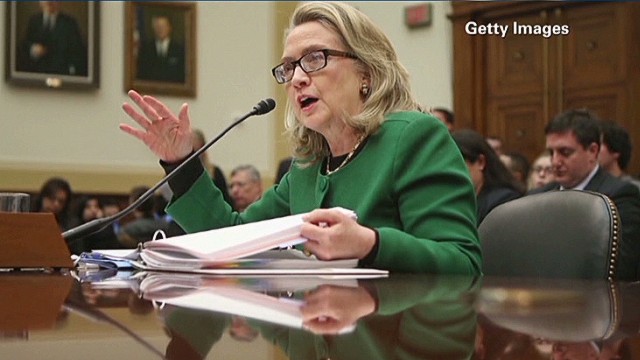The Democratic debate stage, often a platform for policy discussions, has also become a crucible for personal scrutiny, particularly for Hillary Clinton. Her recurring presence among the party’s elite evokes both admiration and scrutiny, igniting a fervent discussion on the complexities of her political journey. As the debate unfolded, Clinton found herself under fire not only for her positions on policy but also for her perceived vulnerabilities, which, in turn, underscored a societal fascination with her narrative.
At the heart of the matter is Clinton’s tenure as Secretary of State, during which she navigated a plethora of global crises. The echo of the Benghazi incident continues to resonate in political dialogues, serving as a double-edged sword that sharpens both her critics and supporters. Critics argue that her handling of the situation exemplified a lack of accountability, an assertion that she vehemently disputes, framing it instead as a politically motivated assault on her character. This ongoing discourse raises poignant questions about leadership in times of crisis and the steeped expectations placed upon women in power.
Clinton’s responses during the debates often walk a tightrope. While she articulates her successes and experiences with authority, there exists an undercurrent of defensiveness. This oscillation is emblematic of a broader trend within politics, where female candidates may face harsher scrutiny than their male counterparts, a phenomenon ripe for exploration. The lens through which voters observe Clinton’s performance is often tinted by preconceived notions rooted in gender dynamics. Her ability to navigate these treacherous waters speaks volumes, yet also reveals a persistent societal tic—fascination with her failures juxtaposed against her achievements.
The debates also shed light on the shifting sands of party allegiance, as various candidates summon Clinton’s legacy to either invoke trust or create distance. Her opponents attempt to dissect her political record and pin her down on issues such as healthcare, foreign policy, and economic reform, all while amplifying her historical missteps for dramatic effect. This tactic reveals a deeper narrative: the struggle to balance transformative ambition with the stark realities of public perception.
Ultimately, Hillary Clinton embodies a narrative rich with complexities. She stands at the intersection of progressivism and traditionalism, the embodiment of both inspiration and aspiration. The fascination with her is not merely rooted in the politics of her past, but in the enduring story of a woman who has challenged the status quo, experienced relentless scrutiny, and yet persists in the political arena. Each debate serves as a reminder that in the world of politics, especially for women, every statement can ignite a tempest of analysis—of intention, character, and competence.
